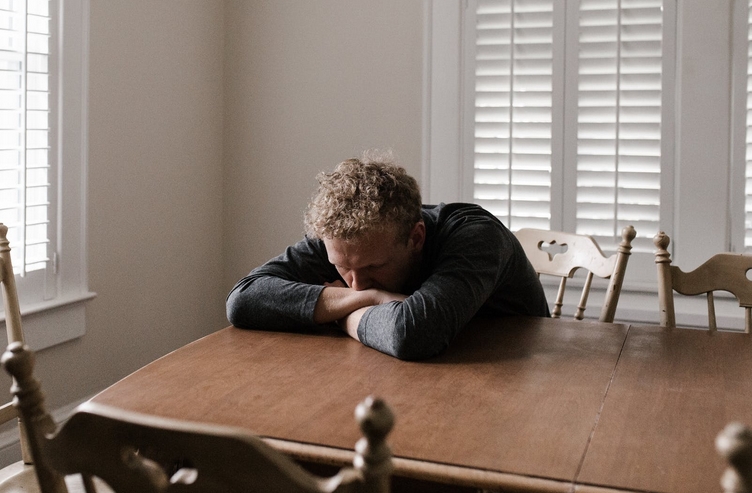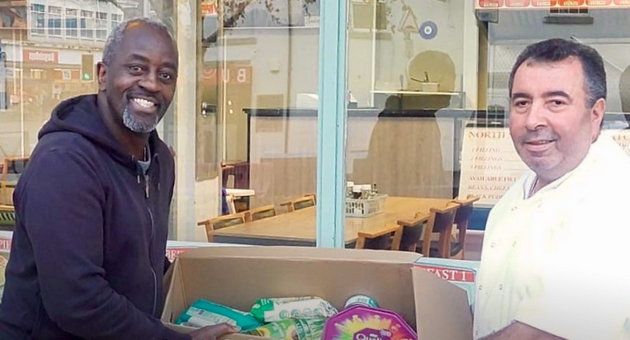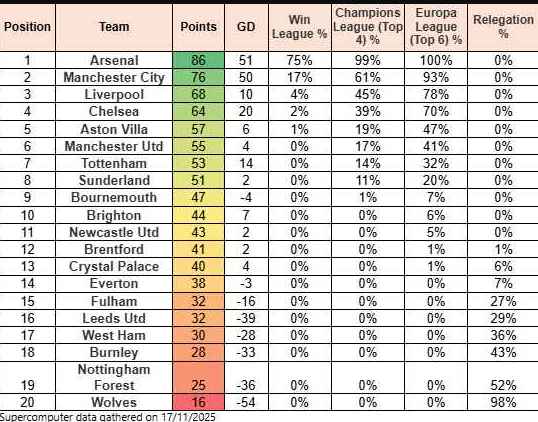Even in a normal year, Christmas can be difficult, with the expense of presents and entertaining visiting family and friends, along with possible family tensions. However, this year everyone has the added pressure of living through the pandemic, and all the restrictions it brings. So, this year, more than ever, it is vital we all take care of our mental health.
Dr Lola Abudu, PHE Director for Health and Wellbeing in the West Midlands, said: “One of the wider impacts of COVID-19 has been its effect on our mental health – with restrictions to personal freedoms, including contact with loved ones, causing much anxiety and upset. Due to the new variant of the coronavirus, which appears to be much more contagious, the time we had thought to celebrate with loved ones has had to be cut – to reduce this increased risk. We know this is disappointing, frustrating and upsetting, and it may mean plans have to be changed at short notice, while some may unexpectedly have to spend Christmas alone or in isolation. It is therefore more important than any other Christmas to make sure we take care of our mental health, and to look out for those around us.
“If you can no longer see loved ones in person, you can still spend time online or on the phone, and this is especially important for people who may find themselves having to isolate. People often worry about trying to give their family and guests the ‘perfect Christmas’ – but this year the focus is on staying safe and well, and in the true spirit of Christmas, looking out for those we love and our wider communities.
“If you’re feeling under pressure, low or upset, don’t suffer in silence. Sharing your feelings with loved ones can really help, and they may be feeling the same, so you can talk things through and help each other. Making sure that people spending time on their own know you are thinking about them can be a real tonic, so just give them a call or send them a message to help them feel less isolated. If you need more support, you can search online for Every Mind Matters – which gives tips and advice on dealing with the most common mental health issues; stress, anxiety, low mood and sleep problems. The resource includes advice for children and young people, and for parents trying to support them. If you don’t feel able to cope, you can make a free call to the Samaritans 24/7 on 116 123.”

















